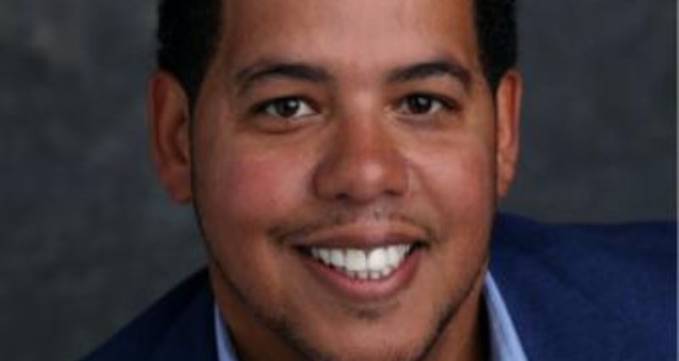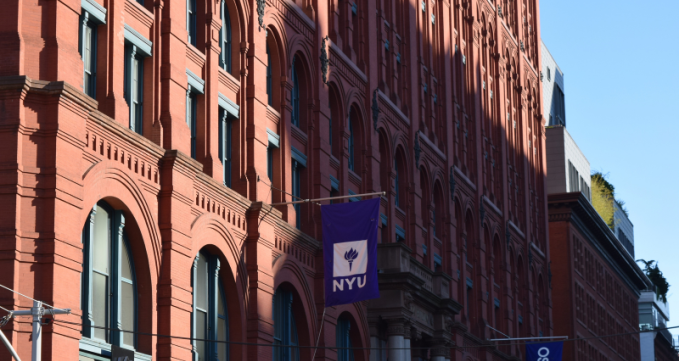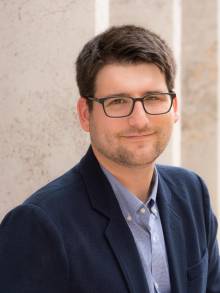SHIFTING PROCEDURES FROM INPATIENT TO OUTPATIENT SITES
Client
NYU LANGONE ORTHOPEDIC HOSPITAL
Faculty
Rain Henderson
Team
Zaina Chaudhry, Tamara Kahan, Jennifer Oh, Kelsey Pendleton-Moreno, Astrid Pineda
Capstone Year
2022-2023



